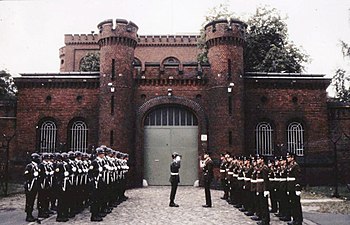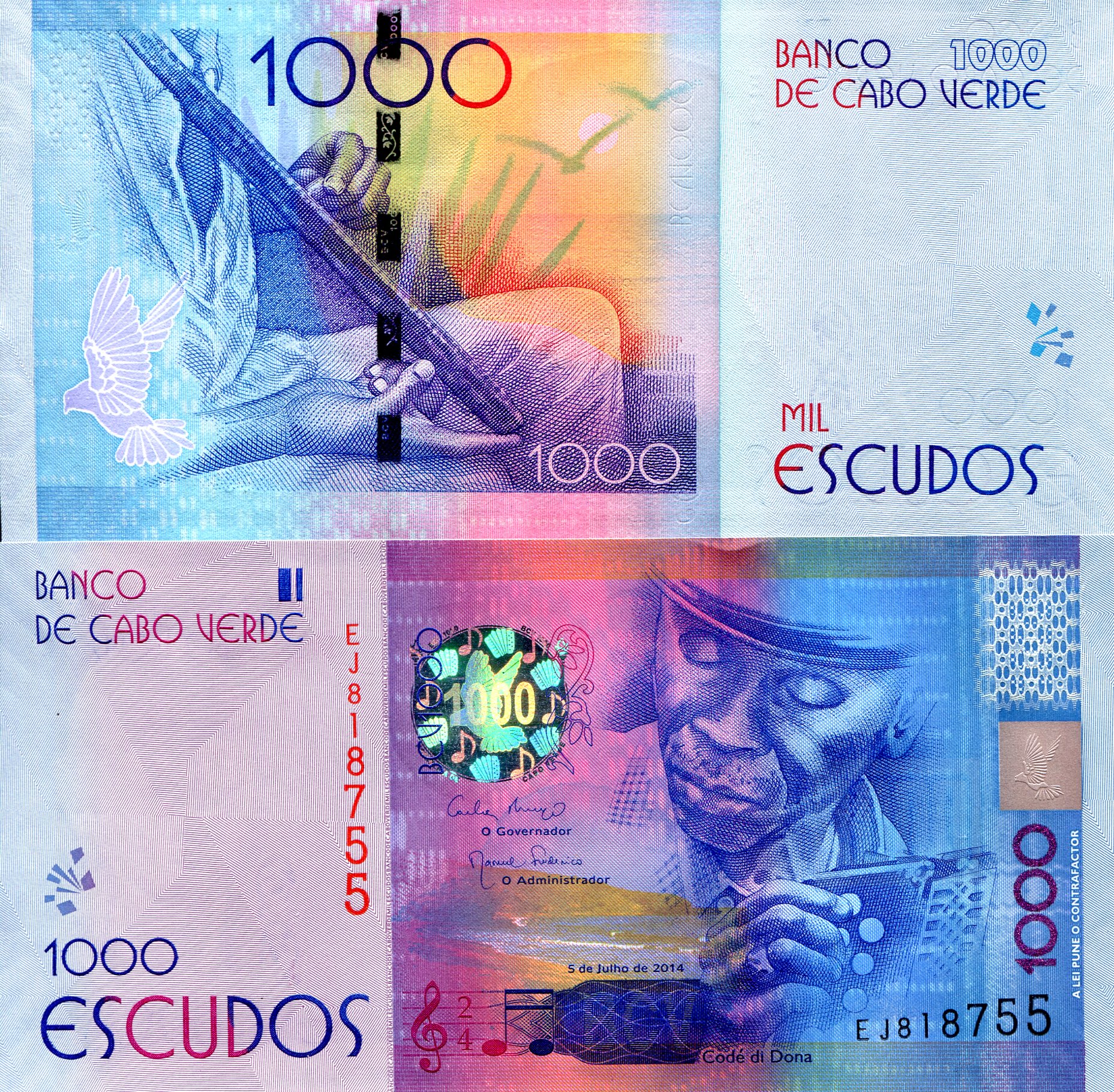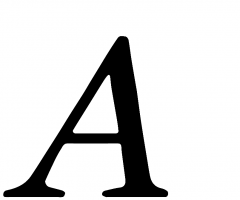Paul Wilson's incredible career has given him a ringside seat to many of recent history's flash points. His work as a soldier, diplomat, and agent of international commerce has taken him from Afghanistan to Zambia and everywhere in between. Paul Wilson's expertise on global politics and finance has been distilled into his debut book Hostile Money: Currency in Conflict, published on The History Press. Here, Paul Wilson talks us through the spectacular career that made him the expert on global finance and war.
Paul Wilson, you’ve had a remarkable working life, how did that happen?
I’ve been really lucky to have had the professional life that I set out to have when I left school decades ago, which was to have an interesting one. My principal objective was not to make lots of money, which is a good thing because in writing books I’ve discovered you don’t make a lot of money, not in writing the sort of books that I want to write anyway(!)
How did it all start?
After a very brief spell in London I went into the army and I served in all the usual places you’d expect: Cyprus, The British Army of the Rhine, and so on. It was really answering an urge to travel that I had already developed because my family had emigrated to Australia when I was 13 and come back when I was 16. So I’d already literally been around the world by the time I was 16 and that left me with quite itchy feet.
And you ended up in West Berlin?

The last post I was posted to was in Berlin and was called BRIXMIS, the Commander in Chief’s mission to the Soviet Forces in East Germany. The original purpose of BRIXMIS was to liaise with the other side, the Soviet Army. The unit had other responsibilities which included supporting the management of Spandau Prison where Rudolph Hess, the last remaining living Nazi, who was imprisoned there after the Nuremberg trials. It was extraordinary for somebody of my era then to have the opportunity to censor the correspondence of Hess, and agreeing with a soviet counterpart what television or radio programmes he was permitted to watch or listen to, these were really enriching experiences.
How old were you at that point?
I was about 27 at that stage. Hess was already a very old man by that time. That was the end of my army career, I came out after that because I thought there’d be nothing equally interesting to do.
So you moved on from The British Army and into the diplomatic service.
Yes. At the end of my time in Berlin I moved into the diplomatic service. And again that was a hugely enriching experience. I had two spells working in departments relating to Eastern Europe and southern Africa. This included responsibilities for the London end of relationships with the ANC. A lot of ANC members were at that time still in exile in Zambia, so I got a trip out there to see some of these young ANC types who were going to benefit from scholarships to the UK. But I also had opportunities to visit other places like Angola which was also on my patch to look after. The foreign office did try to tempt me with a posting to Angola, but that didn’t strike me as quite so attractive, and instead I got posted to the British High Commission in Islamabad, Pakistan.
So from Eastern Europe, to the south of Africa, and then to Pakistan?
Pakistan was extraordinarily interesting because my responsibility was to look after our reporting on Afghanistan. At that time there was no British Embassy in Afghanistan, the building was there, looked after by a skeleton staff including Gurkha guards, but there were no British diplomats in Kabul and all the coverage of Afghanistan was done from Pakistan, and that was my responsibility. So I was travelling up to Peshewar on the north west frontier every other week; it was extraordinary to cross the confluence of the Kabul and Indus rivers and then to enter the North West Frontier Province. I had one trip travelling through the Khyber Pass with the United Nations on a visit to a de-mining operation in Afghanistan. And in 1992 I went on the Foreign Office’s mission to Kabul to establish relationships with the new Mujahidin government which had overthrown the old socialist government. So it was again, an extraordinarily exciting time. The time in Kabul with my colleagues from the foreign office had many interesting moments.
You were put into these very politically active situations in foreign countries, do you feel you made any progress there?
No, absolutely not. I think at the end of the two years clearly the old socialist regime that was just clinging on to power after the Russian withdrawal had been overthrown but it hadn’t been replaced by a more stable regime or a regime that was able to drag Afghanistan out of its terrible conflict which was initiated by the Russians in 1979 when they invaded. Whenever I think about it since I see very little to believe that we’ve made progress. When I came back after Islamabad I went back into the Eastern European section. I had more or less concluded that I was going to go out into the private sector.
So this is the next career transition, from the Foreign Office to the private sector…
The transition could hardly have been better, because I moved to De La Rue, a company that has been around for over 200 years. Its principal business is supplying printed currency to countries all the way around the world. So that means dealing with ministers, central banks, presidencies and so on in all sorts of different countries and the experiences of the army and the foreign office gave me a huge leg up in trying to work with people from quite different societies, conducting oneself cautiously with the top decision makers in those countries.
Were you interested in money before that?
Well I had no more interest in money than the average person, who looks forward to receiving some of it at the end of every month(!) But what was striking about working for De La Rue was just how interesting the company was. It was always very closely involved when something new was about to happen: when a new country was about to born, or a country was collapsing into turmoil, or emerging from turmoil. At one point in the late 80s early 90s it was managing elections for countries coming out of conflict: Angola, Mozambique, Bosnia, Cambodia. They also helped produce ballot papers for the first post-apartheid election in South Africa so it has this tremendously exciting world in which it plays, dealing with currency, passports, and elections.
Sounds perfect for someone who likes to be in the thick of the world’s current affairs!
That’s it. And I was fortunate to rise up the ranks of the organisation and find myself running the sales team for currency division which at various times was supplying to Iraq and Afghanistan, as they emerged from conflict, and that has definitely been drawn on for my book. Not only the broad experiences of the sort of things that happen when people have to make these decisions: ‘are we going to introduce a new currency or not?’, but also just generally it fired up my thinking in a load of these areas where I was responsible for advising the most senior people in the company: ‘should we be going down this route?’ ‘Is it appropriate?’ ‘Do we have to wait a little longer to see what pans out in this particular country?’ So that kind of political sensitivity, understanding what’s going on and how far you could and should go was definitely left over from the foreign office.
A childish question, but do you have a favourite currency?

Funnily enough I was always struck by some of the work that had been done by one of De La Rue’s managers for Cape Verde. He was very uncompromising in achieving designs for currency that were really world leading. Beautiful designs. It’s very attractive and it has an impact on people when they arrive in a country and say ‘Wow that’s beautifully designed!’. He ended up producing some really fine designs for Cape Verde, so they always struck me as really fascinating, very attractive.
Cape Verde! That’s a great curve ball answer, who’d have thought!?
Sometimes the more powerful countries have the more boring designs.
That’s interesting actually. It’s true that US dollars are very boring, and the UK’s always had quite conservatively designed currency, although I like the £2 coin. Why is that?
Well, I think some countries see the currency as more of a necessary statement about national pride, culture, ethos, and so on, than other countries do. It’s almost in almost inverse proportion to the power of the country.
And in this long career working in places around the globe, where have been some of your favourite spots, that still have a place in your heart?
Well, Berlin was a fantastic place in the 80s, and it’s still a fantastic place now. But I spent a lot of time in Central Asia covering Kyrgyzstan, Turkmenistan, Kazakhstan, and I think if I went back there tomorrow, I would not be lost. It would be pretty comfortable for me.
I imagine not many Brits can say that about Kyrgyzstan, Turkmenistan, and Kazakhstan! And where should we be paying attention to now?
Now I’ve spent a lot of my time outside of the currency world, outside the world of De La Rue, and now I’m very focused on Iran. Since last year I’ve been running the British Iranian Chamber of Commerce. And in the time I’ve been sitting in the hot seat, it really has sharpened up, the whole US-Iran position. As you can see from the news these days it’s getting more and more fraught, more and more tense.
And once again your job’s given you a ringside seat! But Iran’s the place to keep an eye on right now?

Oh yeah absolutely, it is a test case for Trump and his whole style of government. It’s a test case for the UK which lifted sanctions on Iran in early 2016 in return for Iran giving up its nuclear programme. And everybody has agreed, the international atomic energy authority, and most national governments agree that they (Iran) have performed their part of the deal, whereas the reality is that I think they’ve got good grounds to believe that The West has not fulfilled its part of the deal, so it’s a big test case. And of course, we all hope that it doesn’t decline into open conflict.
And any other things we should be worrying about?
The thing that really gives me pause for thought at the moment is the dependence on the internet as a platform for our monetary systems. Everything we do now with telephone banking, and internet banking etc – we’re so dependent on the internet that that leaves us, our monetary systems very vulnerable to attack by cyber hackers. We’re now moving into a brave new world but one where our fundamental way of doing business is open to serious attack. The point is that governments need to have a plan B in their pocket. Because if someone decides they’re going to mount cyber attacks on an unprecedented scale to bring down a country’s economy, then you need to be able to have good old fashioned currency to hand. It’s no good leaving that to another day.
You’ve worked all over the world, you’ve been involved with some of the major global political issues of our age, when did the penny drop that you really ought to write a book about all this?
In my De La Rue time I looked at a lot of these issues not just as a sales opportunity but I was always interested in the political, military, diplomatic dimensions of what was going on. I was Director of Government Relations, when there was a lot happening in the world. There was a civil war erupting in Libya where the currency had a part to play, South Sudan emerged as the world’s newest country. And I had ringside seats in these things. And I was accumulating by that time so much knowledge and experience and expertise in the crossover between the commercial and the political worlds that quite a senior civil servant said to me, ‘You’re the guru on this sort of stuff’, this was around 2011, and I suddenly thought, ‘well perhaps I am, and isn’t this something I should be writing about?’. ⬛️
Our thanks to Paul for letting us interview him, and for the on-going pleasure of being his literary agents. Interview edited for clarity.
Paul Wilson’s book ‘HOSTILE MONEY: Currencies in Conflict’ came out in May on The History Press. The book covers the interplay of money and power across centuries of world history; from civil war in Ancient Rome to today’s economic sanctions on Iran. ORDER YOUR COPY HERE.
